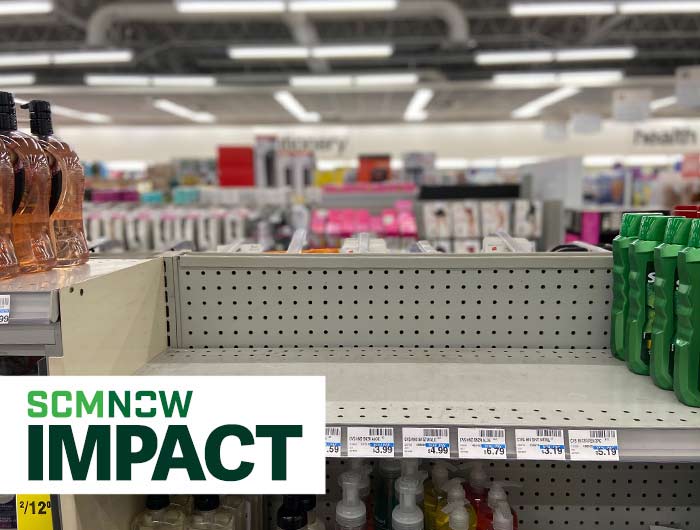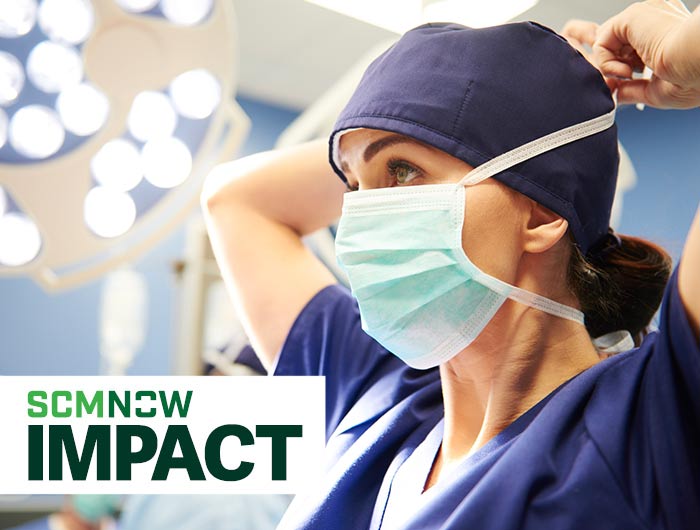Supply chain managers are no strangers to bribery risk, which was already a problem in the industry before the global spread of COVID-19. Today, the extreme impact of the pandemic has created an unprecedented emergency situation for supply chains, as demand for some products has skyrocketed and halted for others. Suppliers of goods in high demand are scrambling to meet needs and fill operational gaps created by shortages, trade barriers, government-mandated shutdowns and reduced operations, while attempting to maintain the same standards of efficiency, customer service and quality.
Working with new third parties — intermediaries and partners — always generates risk. But, in the context of COVID-19, that risk is significantly heightened. Suppliers may be forced to quickly shift to new or unfamiliar markets to compensate for surging demand or breaks in their usual logistics flow. Supply chain managers may be tempted to trim anticorruption efforts such as third-party due diligence and antibribery training in order to expedite business operations. And as competition for high-demand supplies increases, as has already been exhibited by transnational races to secure personal protective equipment and medical supplies, bribes paid to employees of private companies may become more prevalent.
Effective crisis responses will not overlook the law, but will prioritize and invest in compliance from the outset. Conducting due diligence reviews of new business partners now can help avoid legal and reputational trouble in the future. Working with service providers that have been pre-screened against sanctions lists and have already made a commitment to transparency through respected credentials can expedite the process.
As the logistics industry faces extraordinary pressures, maintaining a culture of compliance is more critical than ever. Senior management should set the tone, announcing that anticorruption efforts remain a priority, and ensure the message reaches all employees and partners by mandating training, reinforcing the code of conduct, and reiterating that now is not the time to circumvent the rules — even if doing so would temporarily speed up business processes.
Additionally, a review of reporting procedures can act as a safeguard against corruption throughout operations. All stakeholders who interact with the supply chain should be aware of hotlines and other reporting mechanisms, which should establish a clear path and adequate protections for whistleblowers.
Finally, companies must not let their guards down as they enter new markets or seek alternative supply sources. As COVID-19 continues to hurtle through continents and nations, economies will recover in a staggered fashion. To keep up, many companies will be forced to shift parts of supply chains to unfamiliar markets in order to adopt existing infrastructure and operations. Even a high-level evaluation of corruption risks in a new market can provide insight into the red flags that will require particular vigilance. Geographical corruption analyses such as TRACE’s free, publicly available Bribery Risk Matrix, are a logical starting point.
It may be tempting to think that governments are too busy or distracted to invest time and resources in anticorruption enforcement — or that they will be more forgiving in the aftermath of this pandemic. It is possible that the opposite will be true: Supply chains will come under more scrutiny as they become increasingly entangled in politically sensitive issues such as national security and public health. Government officials and watchdogs will intensify scrutiny of publicly funded stimulus packages, tracking financial flows, and examining corporate books and records more closely. Additionally, law enforcement authorities in many countries have been granted expanded discretionary powers in response to the pandemic.
The risk of reputational damage should also remain a primary concern. The media is on high alert, and the public is watching how companies respond to this crisis, from personnel and administrative changes to human rights and anticorruption transparency.
While it is far too early to predict what a post-COVID-19 world will look like, economic fallout and increased competition for essential supplies are inevitable. In the long term, the public and private sectors may move to diversify supply chains, bring certain operations closer to home and stockpile reserve inventory of crucial goods. Those developments will lead to new relationships in supply chain operations, necessitating continued vigilance and compliance.



